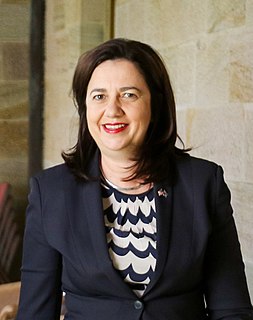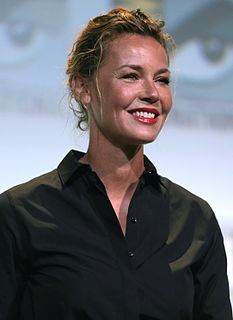A Quote by Dorothy Day
The anarchist philosophy is that the new social order is to be built up by groupings of men together in communities - whether in communities of work or communities of culture or communities of artists - but in communities.
Quote Topics
Related Quotes
Human beings need community. If there are no communities available for constructive ends, there will be destructive, murderous communities... Only the social sector, that is, the nongovernmental, nonprofit organization, can create what we now need, communities for citizens... What the dawning 21st century needs above all is equally explosive growth of the nonprofit social sector in building communities in the newly dominant social environment, the city.
Latino actors and actresses have had to struggle for decades, but when I came around with Real Women Have Curves, attitudes were starting to change. We screened the film all over the world - in Jewish communities, black communities, Greek communities, German communities - and people across the board said, "That's my family."
Mass incarceration is a policy that's kind of built up over the last four decades and it's destroyed families and communities, and something we need to change. And it's fallen disproportionally on black and brown communities, especially black communities, and it's kind of a manifestation of structural racism.
In my writing, I want to address all communities, you know. I've spent many years talking about Chicano culture, Chicano history, and at the same time, I've also been in many communities and presented my work in many communities, in many classrooms, and that's where my vision is and my delight is and my heart is.
We should not be living in human communities that enclose tiny preserved ecosystems within them. Human communities should be maintained in small population enclaves within linked wilderness ecosystems. No human community should be larger than 20,000 people and separated from other communities by wilderness areas. Communication systems can link the communities.
Human Needs Project is really about how to come up with a different approach to helping, really focusing on the dignity of people living in communities you are not a part of, and how to approach these communities with help, but more look at it as an investment and a collaboration with these communities rather than, 'Here comes the white savior!'
My own view - and I'm very open to hearing other perspectives - is that this movement-building needs to begin at home, in local communities. It isn't about trying to launch a brand new national party overnight. It's about people in communities coming together across lines of difference, bringing with them their movements, their families, and coming together and saying, "How can we together build a movement of movements here at home? What would that look like? What do we want to do right here in our communities?"






































